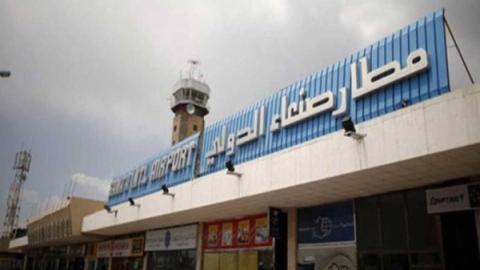Yemen Food Security Outlook, June 2021 to January 2022


Hold on import financing mechanism expected to be driving further price increases
Key Messages
Conflict and poor macroeconomics conditions are expected to continue to drive significantly below-average access to typical sources of food and income throughout the projection period. Crisis (IPC Phase 3) outcomes are expected to persist at the area level even in the presence of large-scale humanitarian assistance, with worst-affected households expected to face Emergency (IPC Phase 4) or Catastrophe (IPC Phase 5) outcomes. Although not the most likely scenario, Famine (IPC Phase 5) would be possible if there is a significant shock to commercial food import levels or if food supply is otherwise cut off from particular areas for a prolonged period.
According to key informants, all future rounds of Yemen’s letter of credit (LOC) import financing mechanism have been put on hold due to insufficient government revenue, depletion of Saudi financial support, and the rapidly depreciating local currency. Though currency is typically issued to traders quarterly, the most recent LOC distribution occurred in January 2021. As a result, traders have been accessing foreign currency at increased costs, likely contributing to more rapid food price increases via increased costs of importing both food and fuel. This is driving further reductions in household purchasing power due to the expected inability of most households to expand income-earning. As of the last week of May 2021, the cost of the minimum food basket at the national level was 20 percent higher than the already significantly above-average levels recorded at the beginning of January 2021. Further price increases are expected throughout the projection period.
In highland areas, harvesting of winter cereals has recently concluded and summer cereal cultivation is nearing conclusion. The late onset of the first rainy season and high input prices have likely reduced area cultivated under summer cereals. Harvesting of spring cereals has ended in the eastern plateau and is beginning in coastal areas. Food from the harvests will temporarily improve food access for farming households. Meanwhile, some fruit harvesting and, in highland areas, year-round qat harvesting is likely providing some labor opportunities. Overall, profits from crop sales in 2021 are expected to be below average and lower than last year due to high prices of inputs, including fuel.

Aden — Yemen Airways has announced new updates to its ticket cancellation (VOID) policy, introducing financial penalties on travel agents in…

Geneva – The United States announced that Yemen will not be among the countries benefiting from a new $2 billion funding pledge for United Na…

Paris — The French humanitarian organization Acted announced that it has delivered cash assistance to nearly 89,000 people affected by displa…